Kaiser Ahmed: At Jackalope, I’m so proud of our reputation of being supportive of our artists and creating opportunities. We’re just trying to be as equitable as possible and as transparent as possible, and we've always held those mottos as the best way to navigate this industry. Diversity, inclusion—these are not just words, but core values. We want to get more diverse American stories representing America. That's the mission statement of our company.
Then this cascade of change starts coming in. Leadership is changing everywhere. I'm always so interested to see how leadership changes in different theatres and which transitions are fruitful and supported from both sides because it's been a big part of our company history. We're seeing many people of all sorts of diversity in leadership positions in the industry. I just thought it would take—I was prepared for it to take my whole life. The cascade is here now, on your doorstep. Everything I've been wanting and waiting for is here. Whoa.
Regina: I definitely feel you on that in terms of waiting for this moment to happen and not knowing if it ever would. I remember, maybe about three or four years ago, watching all of these brilliant Black women who were my mentors apply for these jobs over and over. They were not getting any of these jobs anywhere, and as a non-binary artist watching this I felt like, “When is this watershed moment going to happen for them? For me?”
There is something about the pandemic corresponding to the influx of leadership. Hiring people of color started long before that, but I do believe that people of color have more openings to lead in moments of crisis. I don’t think that's out of pocket to say. I say that because Shonda Rhimes made an entire show, Scandal, about how in times of crisis, we always tend to turn to people of color, women of color. Think of Colin Powell, Condoleeza Rice, and their role in our American heroism, right? I think it translates all the way down into theatre.
On The Chair Sandra Oh’s character says, "I don't feel like I inherited an English department. I feel like someone handed me a ticking time bomb so a woman would be holding it when it explodes." I think a lot of people in theatre thought that explosion would happen. I think that there was this industry-wide moment of “we no longer can carry it forward. Our backs are against the wall. People want diversity. They want change. We don't know how to do that, and our institutions are failing. The funding is changing for that to be the value, and so what do we do? We finally give people a chance.”
Then, because so many people have been waiting in the wings to do this work and to do it well, there is this really amazing renaissance in the theatre. Not only are people of color allowed to lead in a different way, but we're also allowed to lead in more ingenious and more intuitive ways. We're able to do new programs and to be inclusive faster than we would have been able to pre-pandemic, which I think is really an exciting opportunity that came out of this swamp.
For so long I thought my path was not relatable to new leaders of color, but it's all still the same industry that we're all working to change and shift it.
Kaiser: It reminds me that we started Jackalope to not have to work in institutions that are long-established rich clubhouses, which are hard for a young director to break into. It's a question of do you try to fix it or build something new?
I wish I could speak to what could really pull a larger institution to those systemic changes but that's not totally my asset or my perspective. I can build something, and hopefully I’m encouraging folks to build as well. I'd rather replace than repair because replacing is displacing, and I believe this is a numbers game until equity and diversity reach critical mass.
Regina: I think that's a beautiful notion. I always think about what kind of artistic director I was trained to be, you know? I think I went backwards. A lot of people start in storefront and community theatre and move upwards. I started in these internships, fellowships, and huge regional spaces where I learned the institutional ropes of everything. Then I was able to distill all that information. I realized I'd rather take this opportunity to build something than try to repair something probably at a huge emotional cost to myself.
What is really unique about your experience of transition is that you were the first artistic director of the company. Then you were able to aid in your institution's growth as associate artistic director and then step back into artistic director. I would love to hear how your goals and vision for the company grew or changed over that time.
Kaiser: I think we were always thinking about Jackalope as a forever entity. We named it Jackalope so it could be something that was separate from us—to create a symbol, an entity that is greater than any one artist—and then we can all contribute to that. Hopefully, when people think of Jackalope, they don't think of any one particular artistic director or show or director or production. Hopefully, they're just like, "Yeah, that Jackalope feeling." That can only be built over years.
It's rewarding to celebrate our leadership and challenge who has the opportunity to lead. We want to always try to offer that opportunity to people's career paths. What I imagine happens when leadership and founders try to transition their companies to the next people is a lot of “This is the way it is” and “But I made this, so that's the way.” I'm sure that causes a lot of turbulence in other transitions.

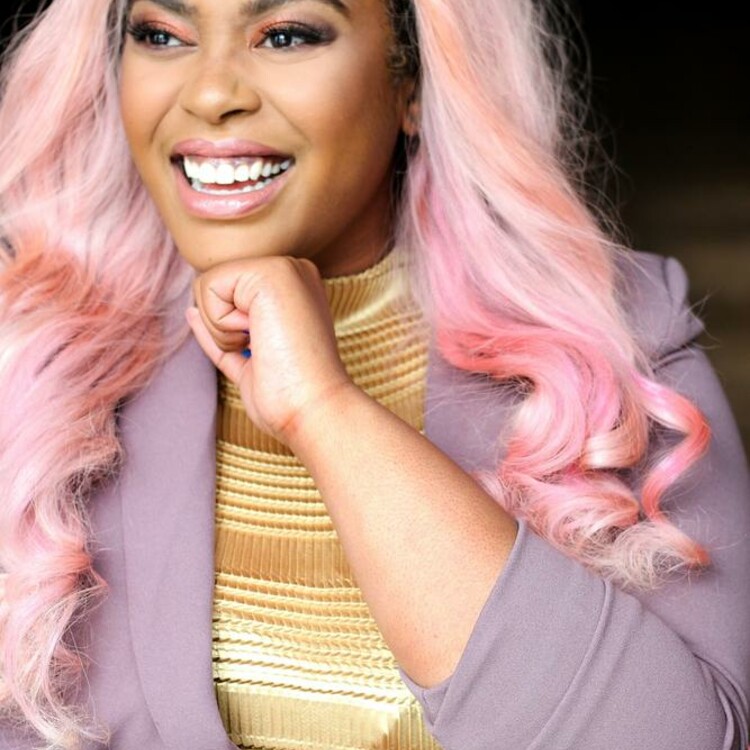

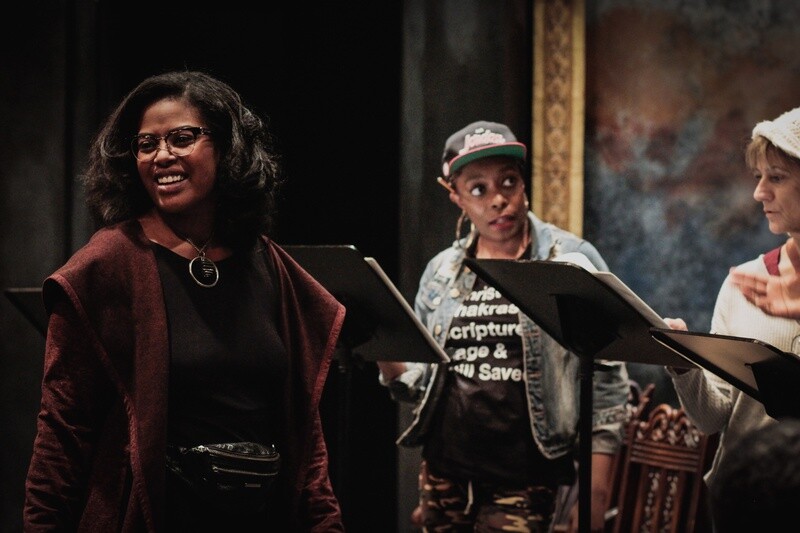
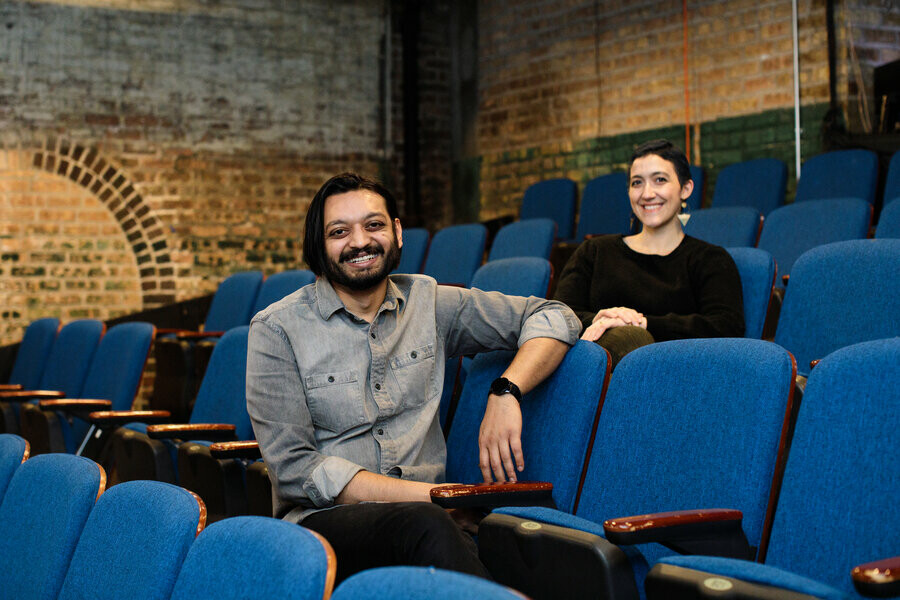

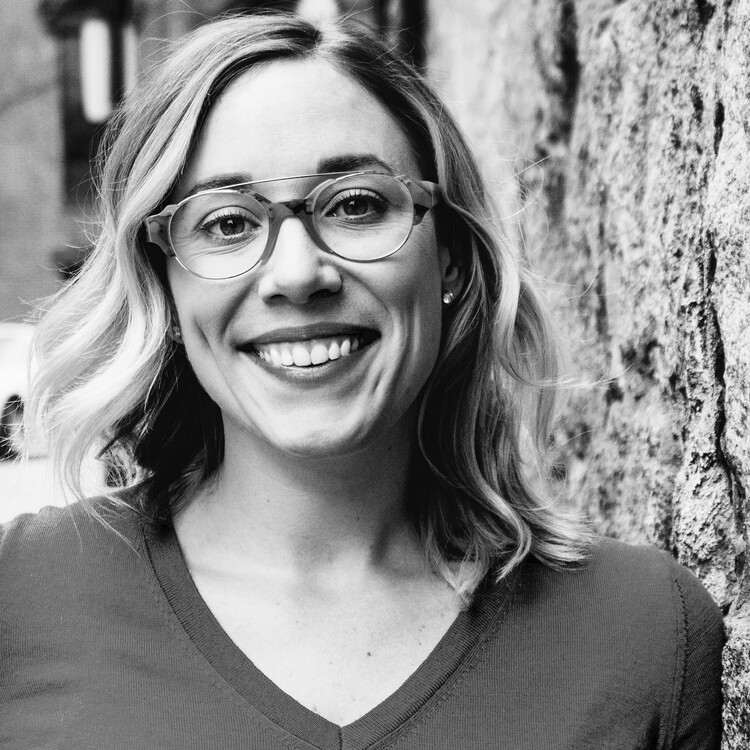
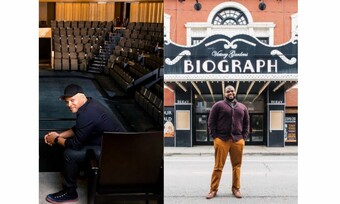







Comments
The article is just the start of the conversation—we want to know what you think about this subject, too! HowlRound is a space for knowledge-sharing, and we welcome spirited, thoughtful, and on-topic dialogue. Find our full comments policy here